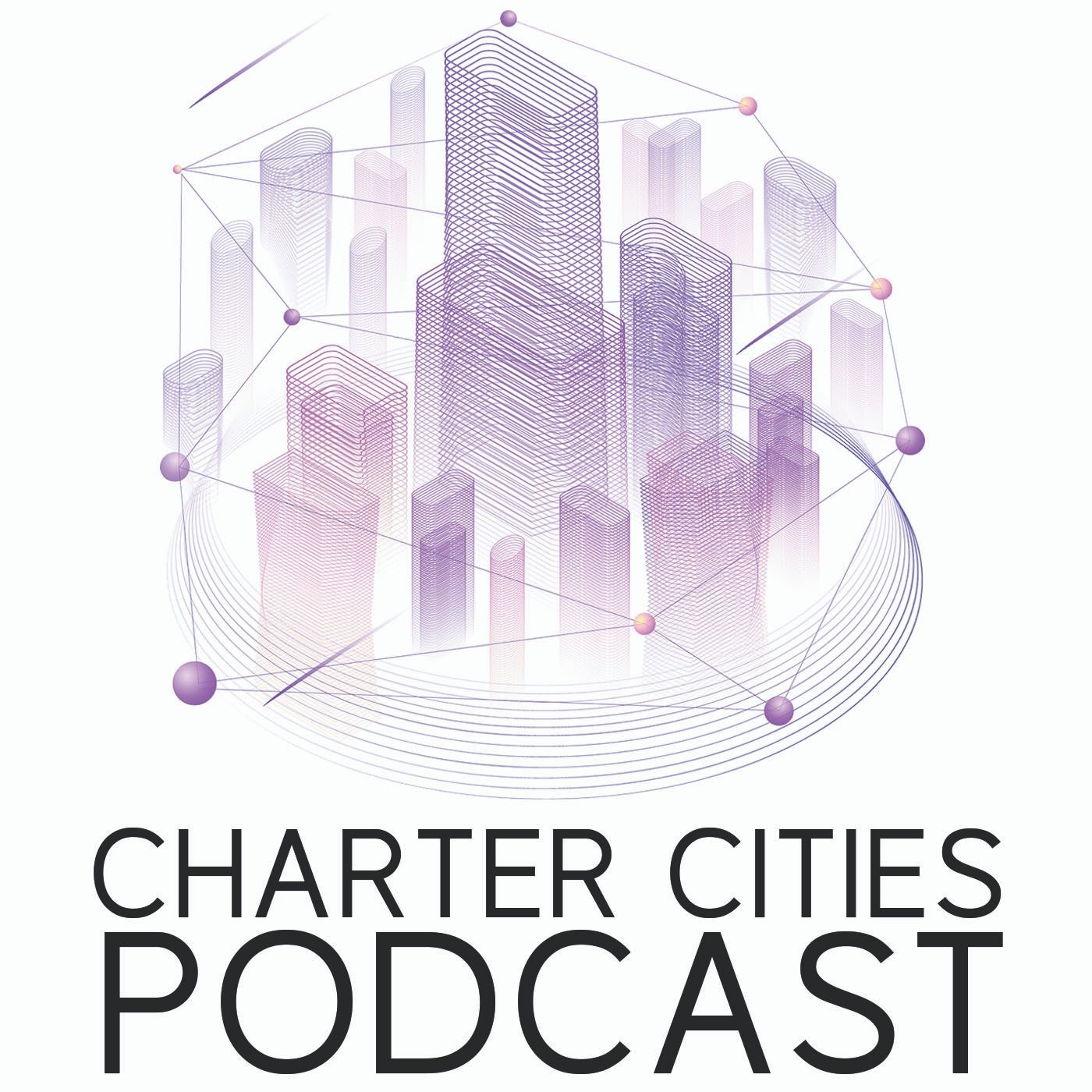- After-Shows
- Alternative
- Animals
- Animation
- Arts
- Astronomy
- Automotive
- Aviation
- Baseball
- Basketball
- Beauty
- Books
- Buddhism
- Business
- Careers
- Chemistry
- Christianity
- Climate
- Comedy
- Commentary
- Courses
- Crafts
- Cricket
- Cryptocurrency
- Culture
- Daily
- Design
- Documentary
- Drama
- Earth
- Education
- Entertainment
- Entrepreneurship
- Family
- Fantasy
- Fashion
- Fiction
- Film
- Fitness
- Food
- Football
- Games
- Garden
- Golf
- Government
- Health
- Hinduism
- History
- Hobbies
- Hockey
- Home
- How-To
- Improv
- Interviews
- Investing
- Islam
- Journals
- Judaism
- Kids
- Language
- Learning
- Leisure
- Life
- Management
- Manga
- Marketing
- Mathematics
- Medicine
- Mental
- Music
- Natural
- Nature
- News
- Non-Profit
- Nutrition
- Parenting
- Performing
- Personal
- Pets
- Philosophy
- Physics
- Places
- Politics
- Relationships
- Religion
- Reviews
- Role-Playing
- Rugby
- Running
- Science
- Self-Improvement
- Sexuality
- Soccer
- Social
- Society
- Spirituality
- Sports
- Stand-Up
- Stories
- Swimming
- TV
- Tabletop
- Technology
- Tennis
- Travel
- True Crime
- Episode-Games
- Visual
- Volleyball
- Weather
- Wilderness
- Wrestling
- Other
Industrialization and Assimilation with Dr. Elliott Green
Industrialization has a myriad of consequences that have been studied and speculated upon from the very start. In this episode, Dr. Elliott Green joins us to discuss the impact of industrialization on ethnic identity and diversity. Dr. Green is a political scientist, Africanist, and associate professor in the Department of International Development at The London School of Economics. He is also the author of the book Industrialization and Assimilation and today, we learn about his research and insights on the topic. We delve into the Marx-Geller take on industrialization and find out how Dr. Green conceptualizes it and why he promotes pro-industrialization. We discuss the implications of urbanization without industrialization in Africa and how people use their rural identities as insurance against de-urbanization before investigating the cause of “under-urbanization” in countries like Kenya and Uganda. From the measures of industrialization and its relationship to economic growth and identity formation to the effect of decentralization on assimilation, Dr. Green tackles it all! Tune in for this insightful conversation on all things industrialization and identity.Key Points From This Episode:
• Introducing political scientist and Africanist, Dr. Elliott Green• The topic investigated in his book Industrialization and Assimilation: the consequence of Industrialization in terms of ethnic diversity.• How Dr. Green’s take on industrialization differs from that of Marx and Geller.• Why we have differing levels of ethnic diversity across the world.• The implications of urbanization without industrialization in Africa.• Cases of de-urbanization in Africa and how people use their rural identities as insurance against it.• Which African regions have the highest and lowest levels of urbanization.• What can be attributed to the “under-urbanization” of countries like Kenya and Uganda.• Why Dr. Green promotes pro-industrialization and how he conceptualizes industrialization.• The relationship between economic growth and industrialization.• Other measures of industrialization.• How industrialization generates broader processes of identity formation, irrespective of politics and religion.• The overlap of religious and ethnic identities in 20th century Turkey.• Instances where industrialization and nation-building do and don’t go hand in hand.• Government attempts to create ethnically neutral cities.• Why trust is essential for development.• Dr. Green’s take on the “markets make us moral” hypothesis.• To what extent decentralization can affect assimilation or ethnic change.• How the “completion” of industrialization will (or won’t) impact identity.
Links Mentioned in Today’s Episode:
Dr. Elliott GreenIndustrialization and AssimilationHa-Joon ChangMagnetic Mountain: Stalinism as a CivilizationNations, States, and Violence

